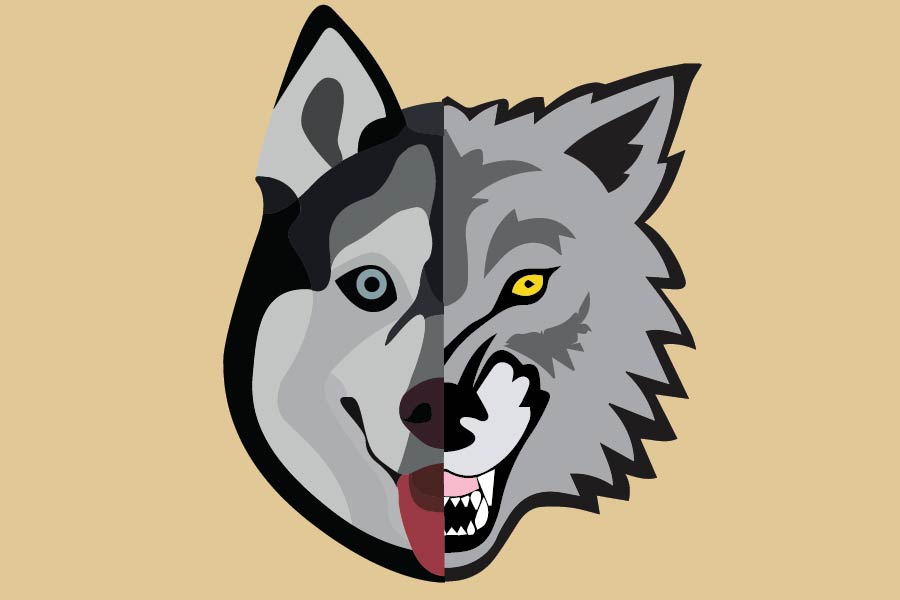
Veterinary Researchers at UC Davis look into why dogs eat their own poop
16 percent of dogs engage in frequent conspecific coprophagy, which means that they have been seen eating their own stools at least six times, according to the results of a web-based survey from veterinary researchers from UC Davis.
“Veterinarians frequently get asked why their dogs eat feces,” said Melissa Bain, a professor of Clinical Medicine and Epidemiology at UC Davis and co-author of the recent paper. “Obviously, it is a very disgusting behavior to owners, and difficult for owners to get a handle on. No one wants a kiss from their dog after their foraging expedition.”
The researchers set out out find out not only why dogs eat their own faeces but also the efficacy of 11 commercial products that are supposed to help mostly through tablets that make the feces taste bad. To do so, they needed a large sample of dogs, which is where the web surveys came in.
“We have conducted a variety of web surveys to get information pertaining to pets, how people feel about them, and challenges they experience,” said Lynette Hart, a professor of population health and reproduction at the UC Davis School of Veterinary Medicine. “Usually in these surveys people have an opportunity to describe some positive aspects of their relationship with their pet, but this survey was focused on a behavior that people find very disturbing. We had a good response to these two surveys, and then of course it was exciting to see what showed up in the data — that about one-sixth of dogs frequently engaged in this behavior and that none of the treatments were working.”
While the results showed no correlation between the habit and diet or age, researchers found that this habit could be a remnant of evolution. Eating feces could be an instinct left over from dogs’ ancestors — the wolves. It turns out that eating feces is an evolved parasite defence strategy.
“We related the behavior to den sanitation instinct [where] a fecal dropping left in the den area by an injured wolf would be a source of intestinal parasite re-infestation if just left there,” said Benjamin Hart, a distinguished professor emeritus in the Department of Anatomy, Physiology and Cell Biology at the UC Davis School of Veterinary Medicine. “In nature, removing the fresh stool, before infective larvae hatch from ova, by eating it, removes the danger to the pack.”
The current solutions for preventing coprophagy haven’t had much success, with the most successful having a reported 2 percent success. However, hope is not lost yet, as the researchers are currently planning to conduct an open-label pilot trial to test their own product for this issue.
Written by: Kriti Varghese — science@theaggie.org



